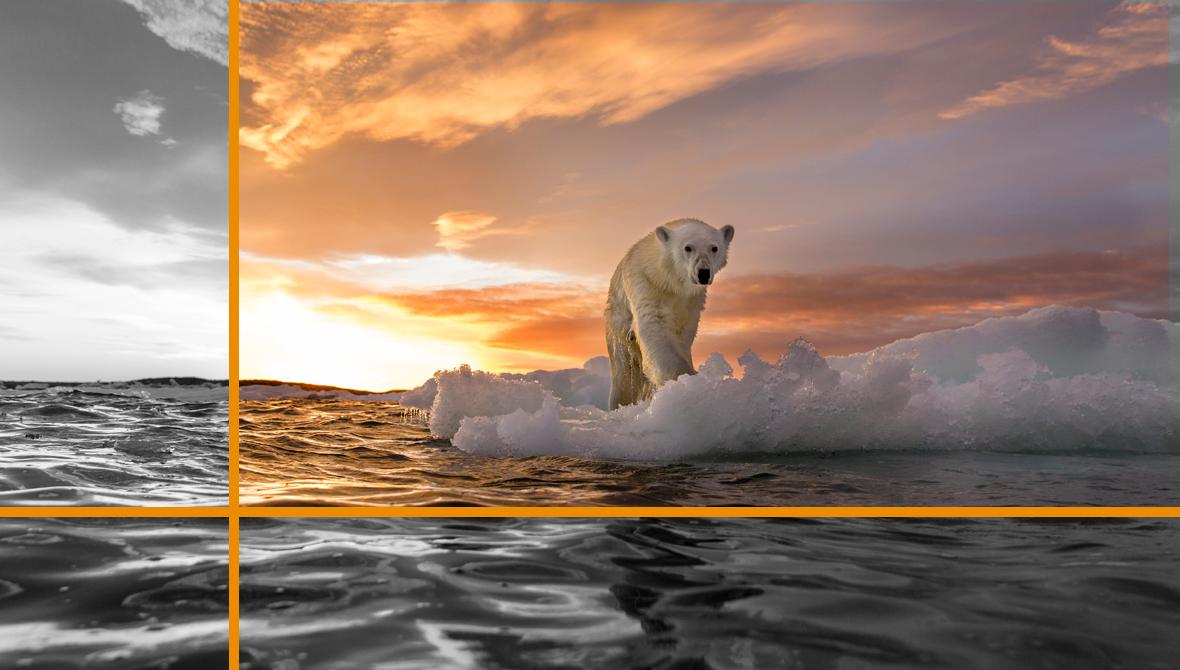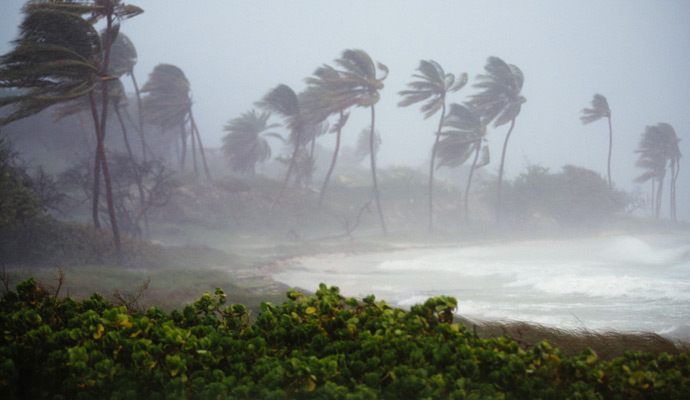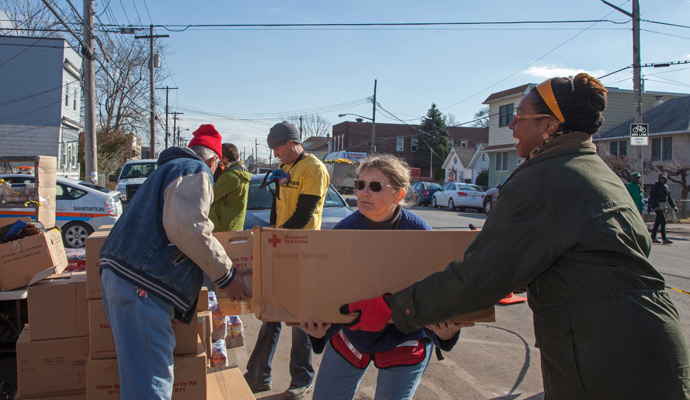Retooling crisis management for today’s disasters
In Episode 3 of the Take on Tomorrow podcast, Craig Fugate, former head of the US Federal Emergency Management Agency (FEMA), and PwC UK’s Bobbie Ramsden-Knowles discuss how businesses can prepare for climate change, ransomware attacks, and other high-impact events.

Disaster response requires more than having a plan on paper. “I think one of the big mistakes sometimes organizations make,” Bobbie Ramsden-Knowles said recently, “is thinking that actually having a crisis plan is it. But it’s people who manage crises. It’s not the documents.” Government, of course, plays a critical, but by no means exclusive, role in responding to disaster. In Episode 3 of our Take on Tomorrow podcast series, Craig Fugate, former head of US FEMA, and Ramsden-Knowles, who is a crisis and resilience partner with PwC UK, talked with hosts Ayesha Hazarika and Lizzie O’Leary about how business can help make both organizations and society at large more resilient in the face of disruptions and disasters.
Rehearsal is key. “You can tell when you go into a crisis situation the organization who has done their exercising and done the training,” Ramsden-Knowles added. “They know how to escalate, who to escalate to. It’s clear where decisions are made.”
And sometimes the way the business sector responds in a disaster can be a lesson for others in how to prepare for the next one. In his work with FEMA, Fugate acknowledged he and his team often approached crises with an eye on what the government was going to do. “We weren’t really thinking about the private sector,” he said. “And in a lot of cases, I found out the private sector is already doing stuff…and we need to pay attention to them.”
Some of that “stuff” could simply be motivation for return on investment. Following hurricane-induced power outages at the beginning of 2004 in Florida, for instance, grocery and drugstores were closed. By the end of the 2004 hurricane season, these businesses were using generators and filling prescriptions in portable drugstores in RVs in their parking lots. Fugate noted that businesses learn quite quickly that “if they’re not open and serving their community, but their competitors are, they’re losing market share.”
Two hot-topic crises today in particular are climate-related disasters and ransomware attacks. How much should CEOs be planning for them? For Fugate, “the most immediate thing to understand is that climate has already changed. It’s not something that’s ten years down the road.” What companies need to do is to start adapting to the changed environment they’re in. Ramsden-Knowles agreed. “I think it’s on the top of most organizations’ agendas right now,” she said. It goes beyond the type of planning I think we’ve done previously. And it really gets an organization to think through, “If we were hit with ransomware and we had a total loss of IT, how would we recover? How would we operate as a business?” Ransomware really has changed crisis planning, because “the impacts can be so severe,” Ramsden-Knowles says. “That’s the type of crisis that can really threaten the long-term viability of a company.”
One of the big mistakes sometimes organizations make,” Bobbie Ramsden-Knowles said recently, “is thinking that actually having a crisis plan is it. But it’s people who manage crises.”
Tune in here to hear the podcast in its entirety.





